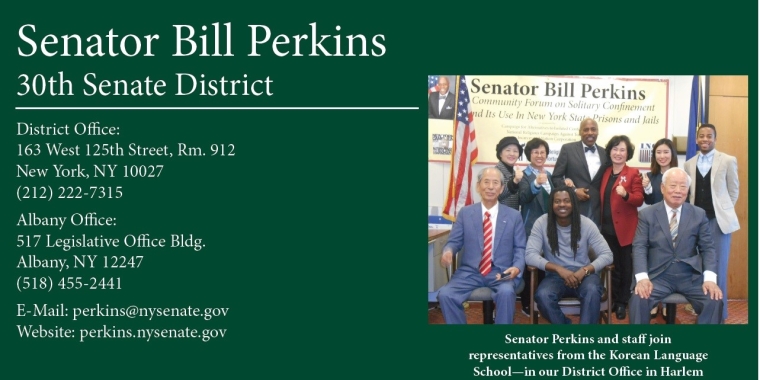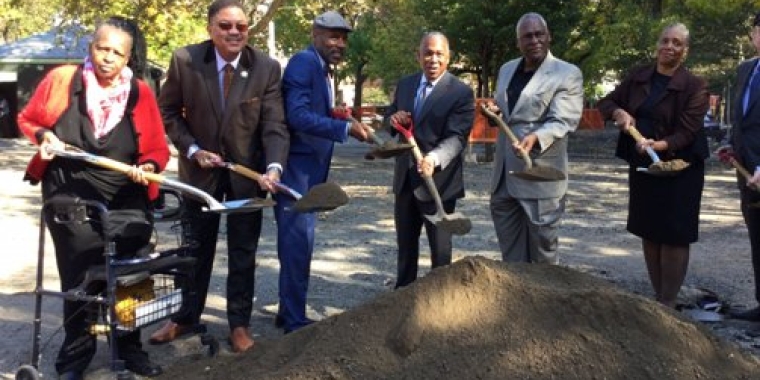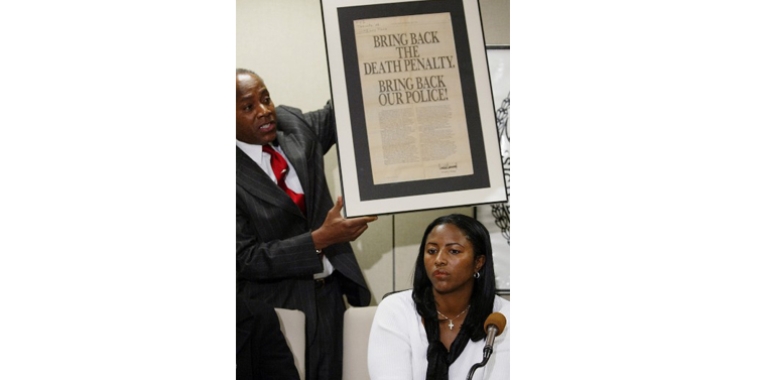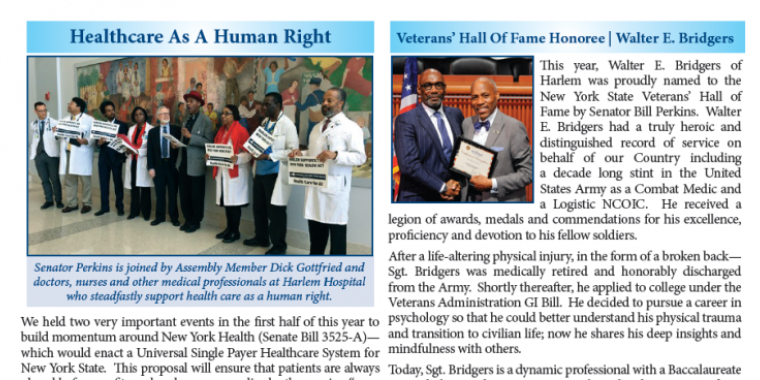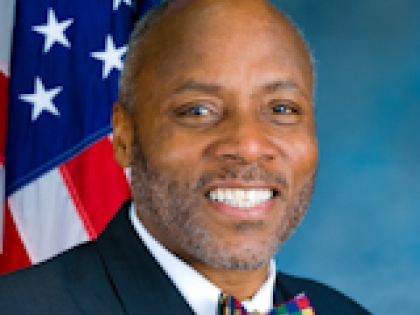
Notice Of Public Hearing
SUBJECT: Senate Democratic Conference Task Force on NYC School Governance
PURPOSE: To evaluate how the Senate should adjust the New York City Education and Reform Accountability Act of 2002.
Wednesday, October 15th, 2008
12:30 p.m. – 3:30 p.m.
Manhattan Neighborhood Network Studio
537 West 59th Street (between 10th & 11th Ave)
New York, New York 10019
Most everyone would agree that the state of education in New York City prior to 2002 was in dire need of reform. The Board of Education was rife with bureaucracy, failing schools, high dropout rates, aging and inadequate buildings for the City’s rapidly growing population and perhaps most importantly the lack of a structure to provide meaningful participation for the school community. In June 2002 the Legislature approved a new comprehensive governance plan that gave New York City’s Mayor and a Chancellor of his choice greater control over the management of New York City’s schools. This plan also included sections that eliminated the existing community school boards in favor of community district education councils and created the Task Force on Community School District Reform. The Task Force was charged with making recommendations and proposing a new governance system for each community school district. The Task Force input was carefully considered and integrated into the new governance plan that was intended to be accountable and efficient. The new plan was also meant to be a balanced response to the need for proper representation, reform and better communication in an effort to produce a system that works and reaches New York’s goal of having the best school system in the country.
While after more than six years the plan is considered to be an improvement, many in the education community still feel a need for greater accountability, transparency and respect for the spirit of the bill. Parents, teachers, union representatives, CEC members, principals, education researchers and scholars have all articulated frustration both directly to the Department of Education and to elected officials about how the Department of Education has responded to their concerns regarding issues that directly effect students. These issues have included the way the Department of Education has handled school overcrowding, siting of new schools, kindergarten admissions, gifted & talented programs, testing policies, communications with the school community, procurement policies and how school success rates are measured.
The 2002 bill is set to expire on June 30, 2009, and as such, the Senate Democratic Conference has established a Task Force on NYC School Governance and has set a series of hearing dates throughout the five boroughs to help the Senate evaluate how they should adjust the New York City bill. The Task Force invites testimony on the changes that have come with Mayoral Control and what has worked and what hasn’t since the city’s school system has been moved directly under the authority of the Mayor.
Selected Questions to Which Witnesses May Direct Their Testimony
Has Mayoral Control improved the education of our students? Are children being educated? Are children learning the necessary skills they need to compete in today’s global economy?
Has mayoral control helped or hindered the provision of services to immigrant students, students with disabilities, and/or students with special needs?
Has mayoral control done anything with respect to curbing the segregation that exists in many of our schools? What can be done to improve integration and diversification of our schools?
Before Mayoral Control, the youth had a participatory role in the decision making process of providing education. How has Mayoral Control helped or hurt the role of youth input and youth leadership?
How has Mayoral Control affected the policing and criminalization of our students? What can be done to reverse these unfavorable trends?
In what ways would you recommend creating stronger lines of communication between the Department of Education and the entire school community?
How would you strengthen Community Education Councils so that they can provide better support for the school community and integrate more completely with the Department of Education?
What additional mechanisms would you create and institute to strengthen DOE’s relationship with the school community?
In what ways can we better measure the success of the schools?
What kinds of transparency in the Department of Education’s school budget should be instituted in order to insure that all state funds are applied according to the decision in the CFE case?
What kinds of transparency in the school budget should be required in order to prevent the supplanting of state funds?
Are there successful school governance mechanisms that have been implemented by other states or localities that could serve as models for New York?
Should an independent board be convened to help provide oversight of the DOE?
In what ways could the New York City Council be given oversight of the Chancellor’s administrative powers?
In what ways should the internal audit controls be strengthened for the current procurement policies and hiring of consultants?
___________________________________________________________
Persons wishing to present pertinent testimony at the above hearing should complete and return the enclosed reply form as soon as possible. It is important that the reply form be fully completed and returned so that persons may be notified in the event of emergency postponement or cancellation. Additionally, space is very limited in the studio. Please take the necessary time to RSVP with our office so we can accommodate accordingly. Oral testimony will be limited to 5 minutes, and the oral testimony will be recorded live for future broadcasting. In preparing the order of witnesses, we will attempt to accommodate individual requests to speak at particular times in view of special circumstances. These requirements should be made on the attached reply form or communicated to staff as early as possible.
Members of
Senate Democratic Conference Task Force on NYC School Governance
